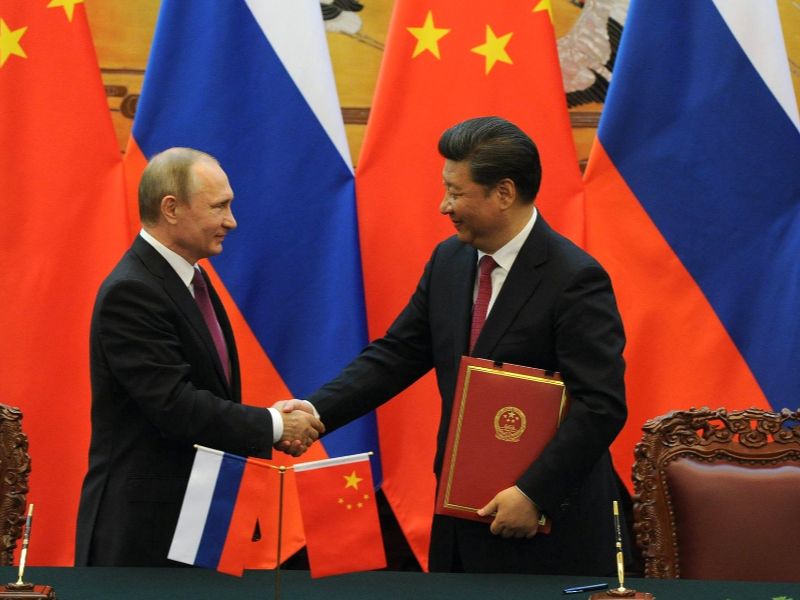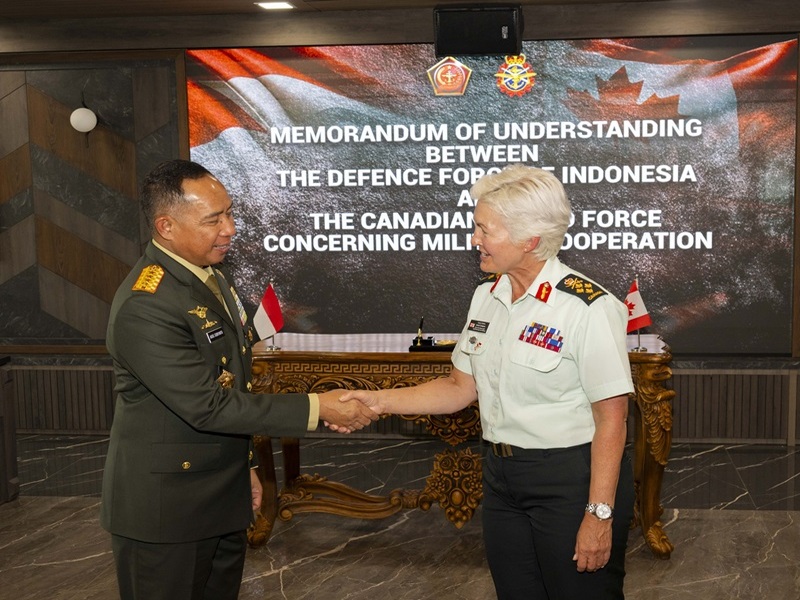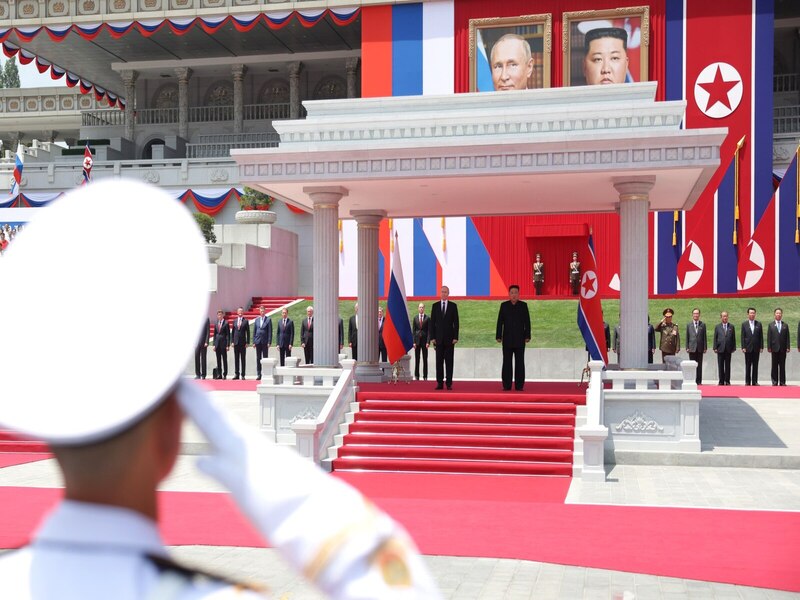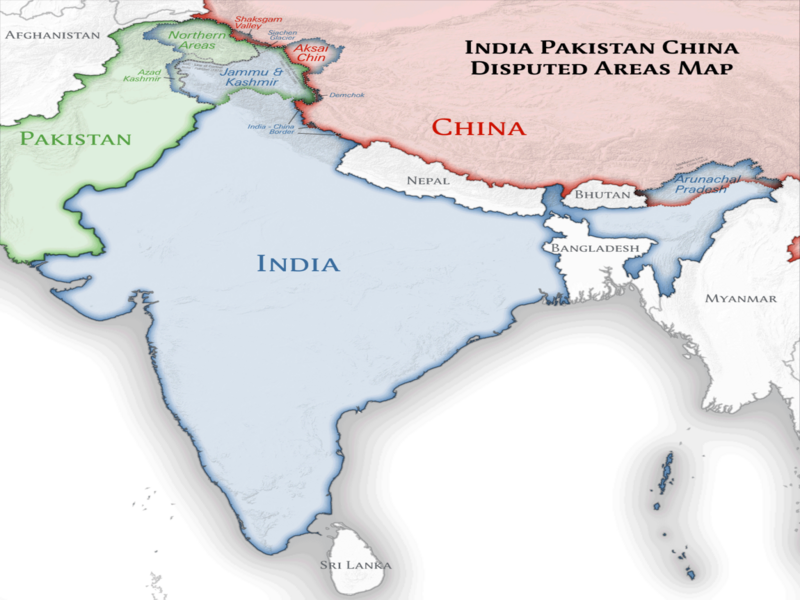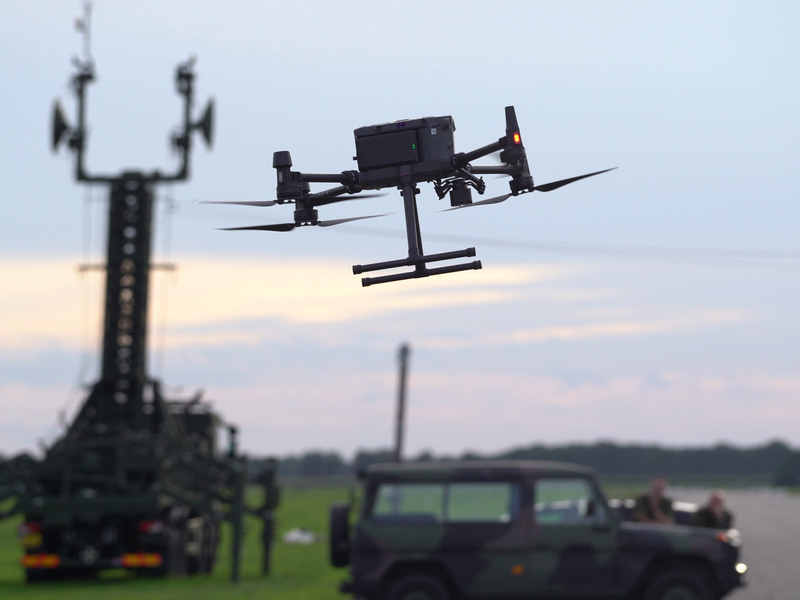As US-China rivalry escalates, China’s new export curbs on rare earths have exposed NATO’s dangerous dependence on external suppliers for the minerals underpinning its defence industries. Daniel Lincoln argues that the Alliance must develop a unified industrial strategy to secure access to critical materials, independent of both Washington and Beijing. By building diversified supply chains, joint stockpiles, and integrated processing capacity, he contends that NATO can turn resource vulnerability into strategic resilience.
Tag: Indo-Pacific
Beneath the Surface: China’s Deep-Sea Diplomacy in the Pacific Ocean
In this article, Narayan Srivastava examines how China’s accelerating push into deep-
sea mineral partnerships across the Cook Islands, Kiribati, and Tonga is reshaping the
South Pacific’s strategic balance. The article also highlights emerging vulnerabilities for
Canada and NATO in critical mineral supply chains. The piece evaluates how Pacific
resource politics now intersect with broader questions of regional dependence, maritime influence, and great-power competition.
China’s Calculated Partnership: Decoding Beijing’s Alignment with Russia and NATO’s Strategic Response
In “China’s Calculated Partnerships: Decoding Beijing’s Alignment with Russia and NATO’s Strategic Response,” Daniel Lincoln argues that Beijing’s support for Moscow stems from insecurity, not ideology, and that misreading this dynamic risks hardening a fragile partnership. The piece calls for a strategy of restraint and engagement – one that deters aggression while offering China reasons to distance itself from the Kremlin.
Strange Bedfellows, Real Consequences: What do Moscow-Beijing-New Delhi’s SCO Optics Mean for NATO and Canada?
Narayan Srivastava highlights how NATO’s relevance in today’s multipolar world depends on engagement with the Global South. From safeguarding maritime chokepoints to strengthening resilience in energy and trade, actors like India, Brazil, and the Gulf states are emerging as indispensable partners. By expanding its partnership models and leveraging shared interests, this article explores how NATO can reinforce its role as the global custodian of stability, ensuring that the Alliance not only adapts to new realities but leads in shaping them.
Building New Bridges: How Canada’s Defence Pact with Indonesia Signals a New Direction in Canadian Foreign Policy
What does Canada’s defence pact with Indonesia mean for foreign policy? In this article, Karissa Cruz highlights the broader implications posed by Canada’s new strategy in maritime and military cooperation with Indonesia, what it means for both countries, and how it can be considered a response to the shift in America’s foreign policy.
A New Playbook: Strategic Autonomy and NATO in the Indo-Pacific
By Daniel Lincoln The modern Indo-Pacific is witnessing assertions of strategic autonomy that challenge classical geopolitical logics and patterns of great power competition. During the 2025 Shangri-La Dialogue in Singapore, regional leaders signaled that they will not be corralled into binary agreements amid intensifying US-China rivalry. The forum revealed a fundamental rejection of zero-sum superpower Read More…
North Korea and Russia: A Growing Military Alliance with Global Implications
As Russia and North Korea deepen their military alliance, the threat spans from Kyiv to the Korean Peninsula. To meet this global challenge, NATO and South Korea must strengthen defence ties and industrial cooperation.
The India Imperative: Navigating the Pakistan Crisis and Indo-Pacific Power Shifts
The escalating crisis between India and Pakistan highlights the urgent need for Western governments to reassess their strategic posture in South Asia. India’s growing geopolitical weight makes it an indispensable partner in counterbalancing authoritarian powers in the Indo-Pacific which seek to change borders through force. The West must prioritize a pragmatic and durable alignment with India to promote regional stability, deter future aggression, and reinforce a rules-based international order.
The Centre Holds: What NATO Can Learn from South Korea’s Democratic Crisis
Last December, in a bizarre move, the former president of South Korea Yoon Suk Yeol declared martial law. Speculation abounded as to why he did so. The BBC reported, after interviewing members of his inner circle, that Yoon Suk Yeol was driven by an urge to win, and viewed the South Korean opposition leader, Lee Read More…
Three Russian Threats and How Canada Can Prepare for Them
While Canada might seem an unlikely target of direct threats from the Russian Federation, its engagement in global affairs and commitments to human rights and democracy inevitably put it at odds with Russia’s vision of the world order, drawing it into conflict with Russia’s revisionist foreign policy. With the Trump Administration pursuing an apparent rapprochement Read More…



